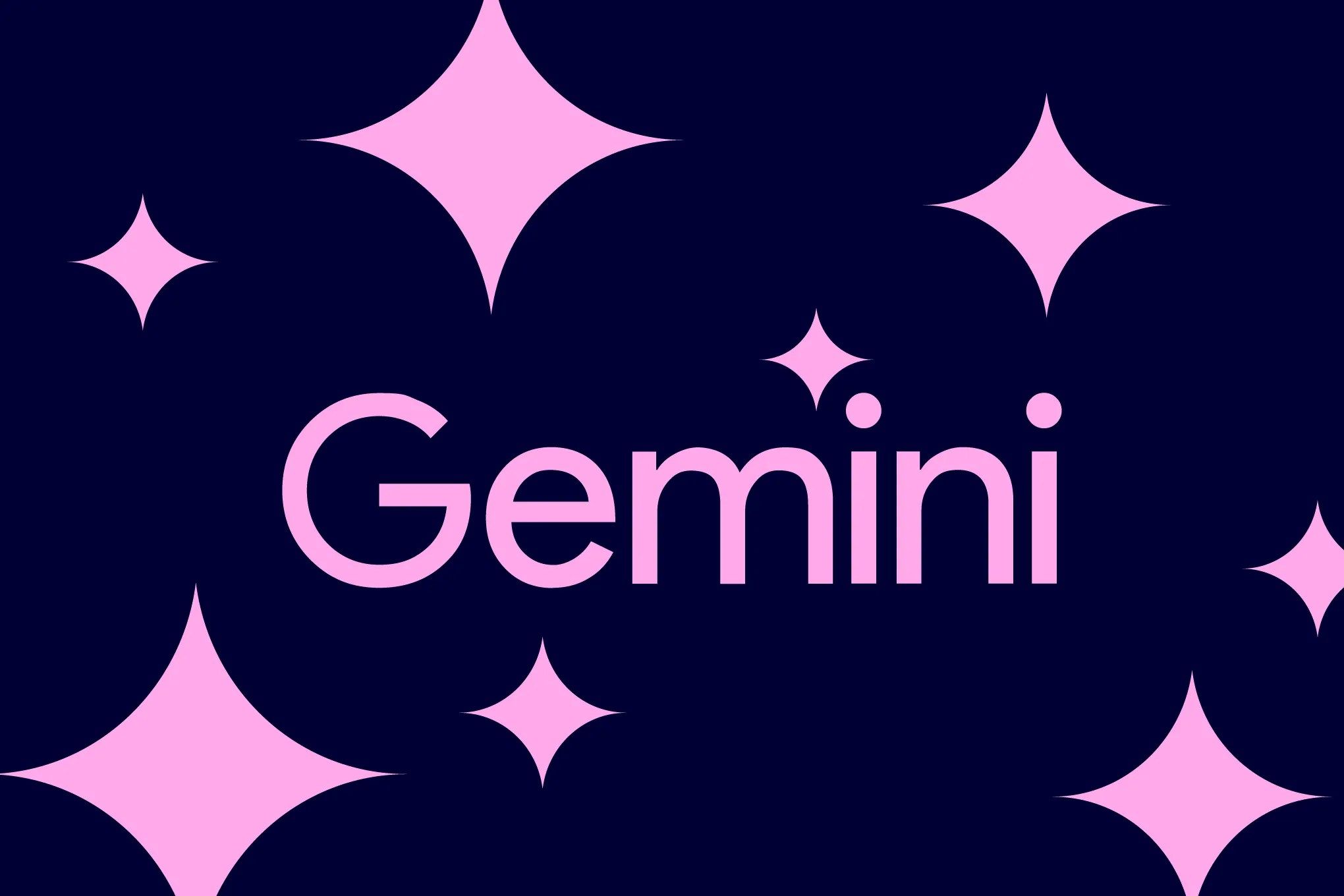Google just ended months of confusion by finally publishing clear usage limits for its Gemini AI assistant across subscription tiers. The move brings long-overdue transparency to what was previously described only as "limited access" - a change that signals Google's maturation in the competitive AI market where pricing clarity has become a key differentiator.
Google just pulled back the curtain on one of AI's most opaque pricing mysteries. After months of user frustration with vague "limited access" warnings, the company has finally published specific usage limits for its Gemini AI assistant across all subscription tiers in an updated Help Center article.
The move comes as AI companies face mounting pressure to clarify their service limitations. Users have been flying blind with Gemini's capabilities, never knowing when they might hit an invisible wall. Google's previous policy statements were maddeningly vague, warning only that "we may at times have to cap the number of prompts and conversations you can have" without specifying what those caps actually were.
Now the numbers are crystal clear. Free Gemini users get exactly five prompts per day with the advanced Gemini 2.5 Pro model - a surprisingly restrictive limit that underscores Google's aggressive push toward paid subscriptions. That jumps to 100 daily prompts for Google One AI Pro subscribers at $20 monthly, while the premium Ultra tier allows 500 prompts per day.
The restrictions extend beyond text generation. Free accounts are capped at five Deep Research reports daily - Google's feature for comprehensive topic analysis - plus 100 AI-generated images. Paid subscribers get the same research limit but can generate up to 1,000 images daily, a 10x increase that targets creative professionals and heavy users.
These limits reveal Google's strategy in the intensifying AI wars. While OpenAI has maintained relatively generous usage allowances for ChatGPT Plus subscribers, Google appears to be taking a more aggressive freemium approach, using tight free-tier restrictions to drive subscription conversions. The five-prompt daily limit for advanced features is particularly restrictive compared to competitors.
The timing isn't coincidental. As AI adoption accelerates across enterprise and consumer markets, clear usage boundaries have become a competitive necessity. Microsoft faced similar criticism for opaque Copilot limitations before clarifying its own service tiers earlier this year. Google's transparency update positions the company to compete more effectively on known quantities rather than mysterious service degradations.












